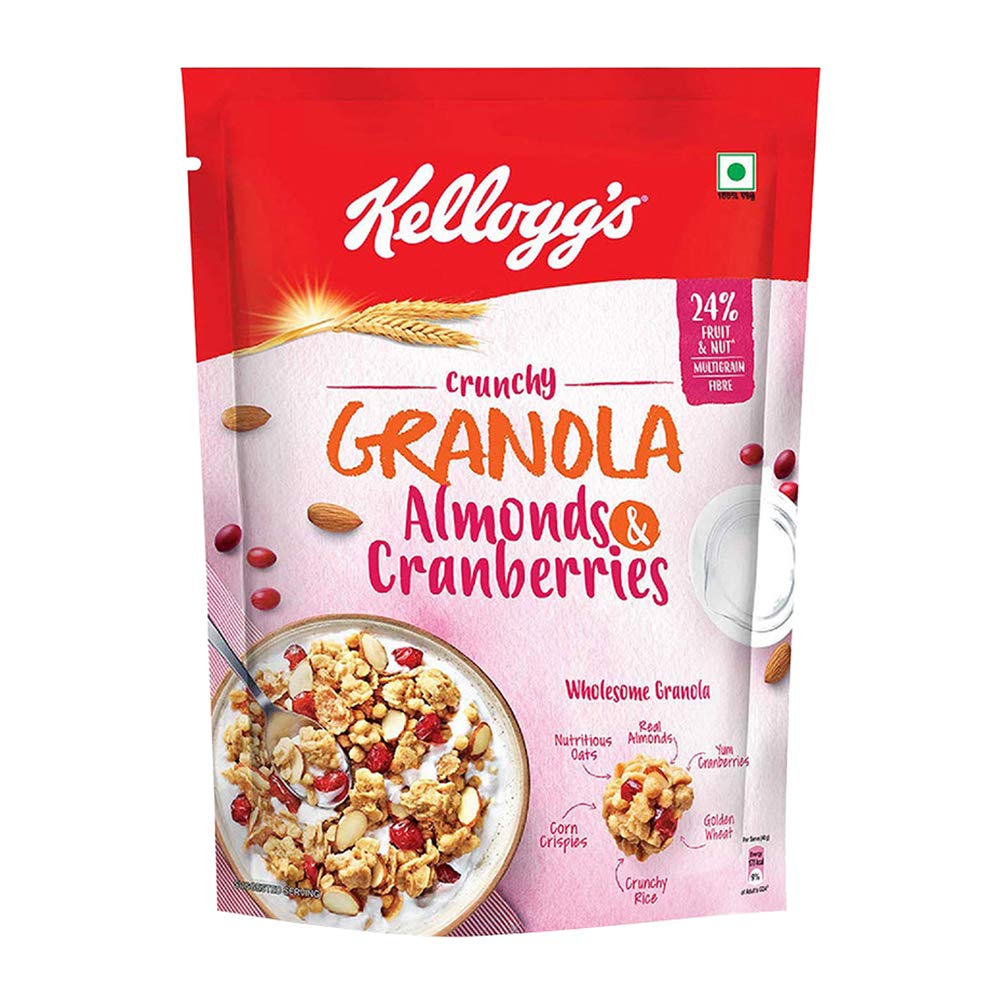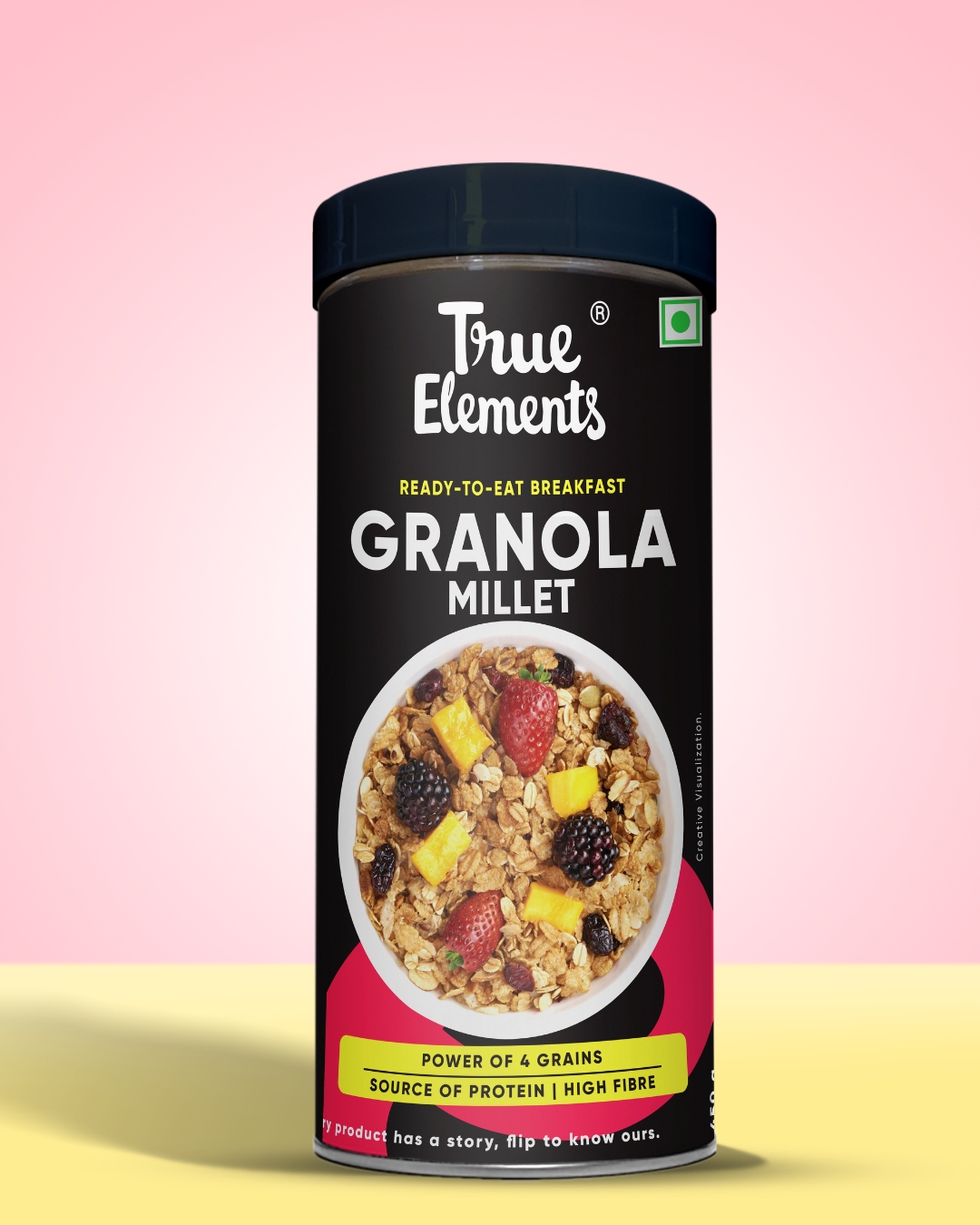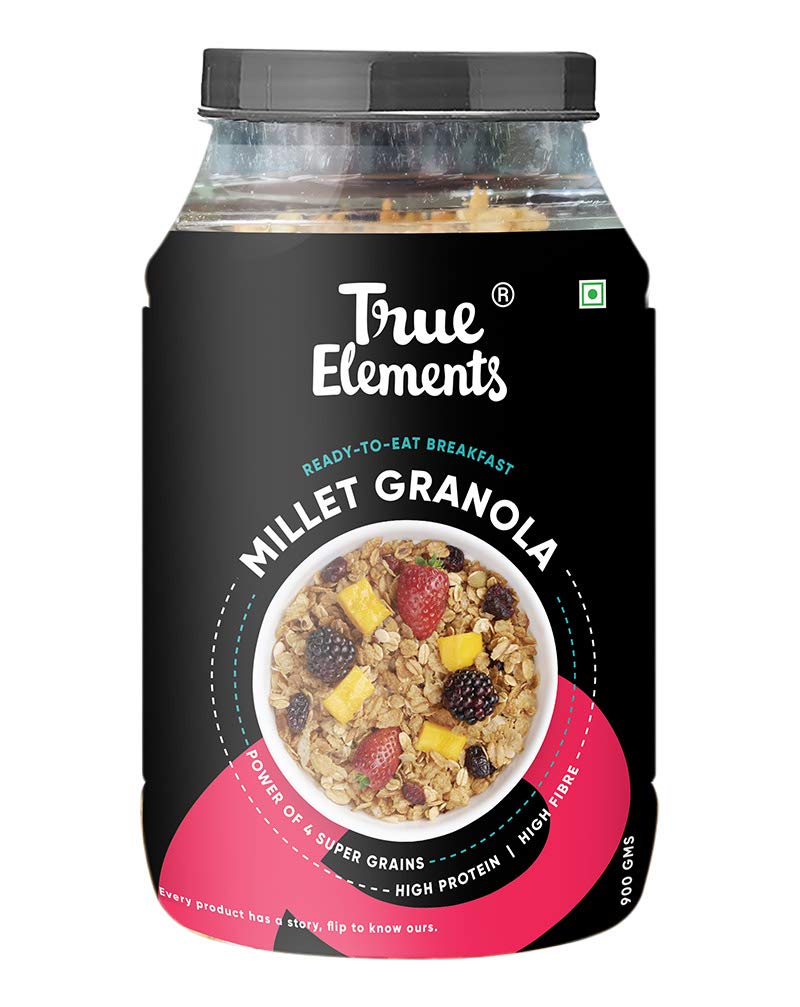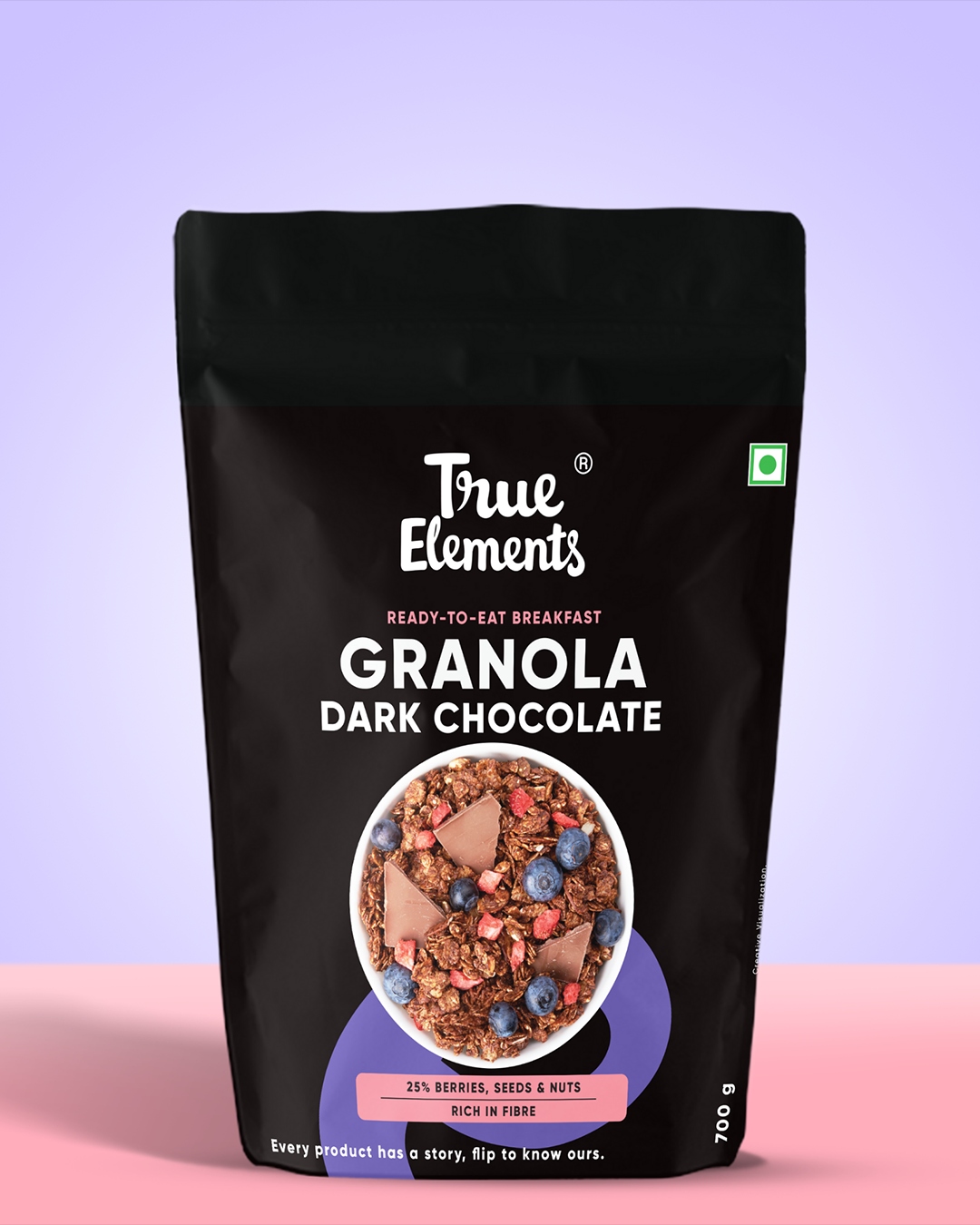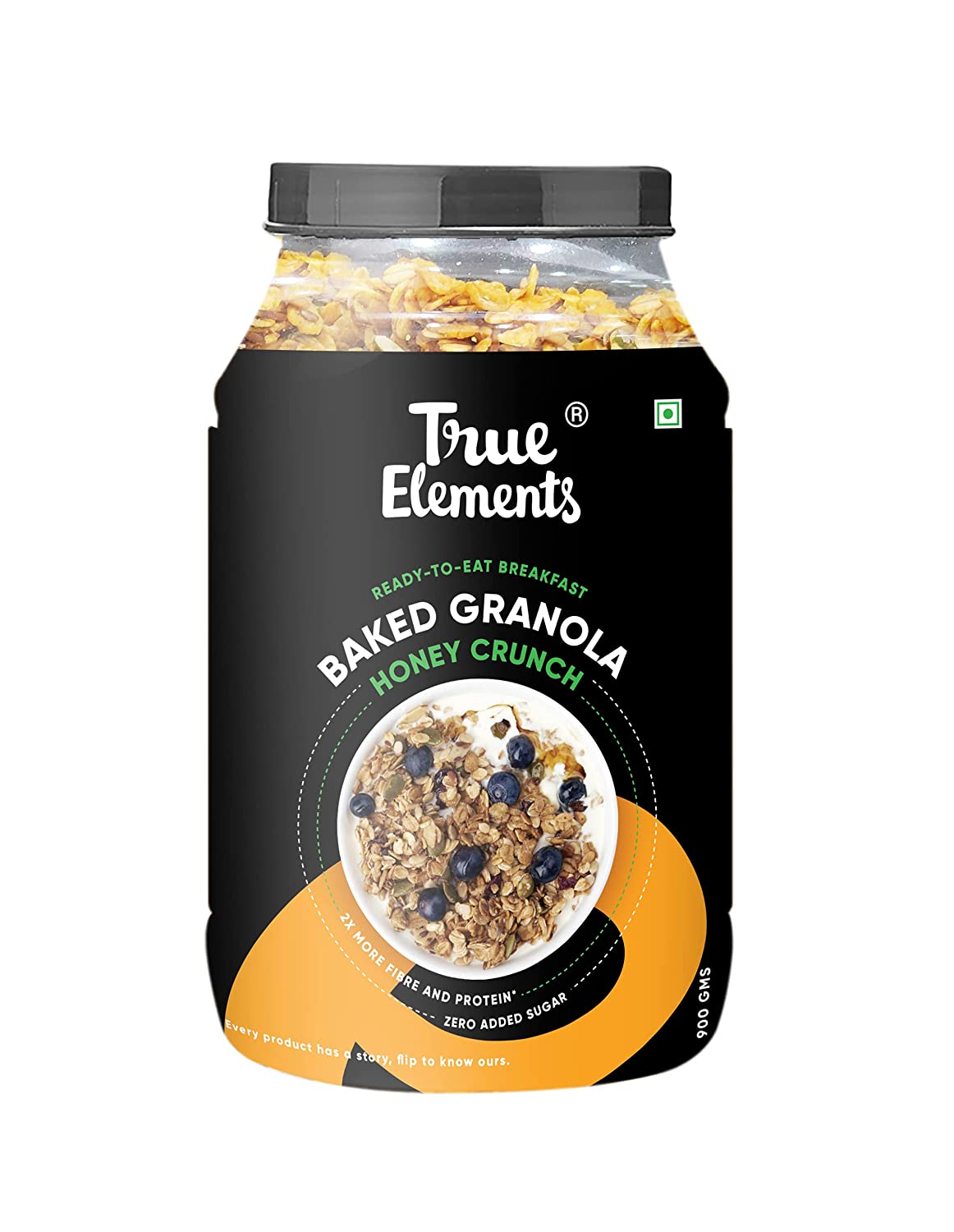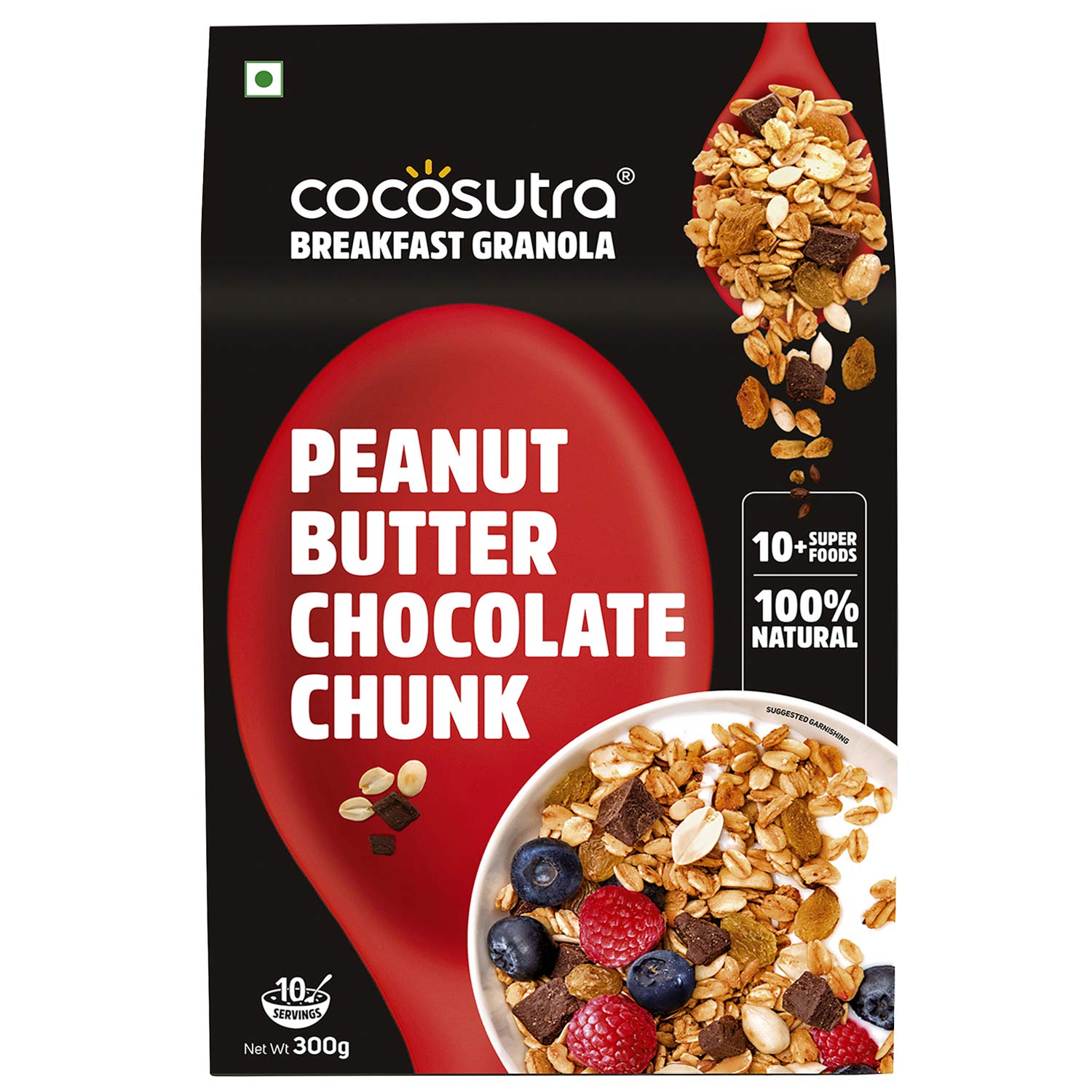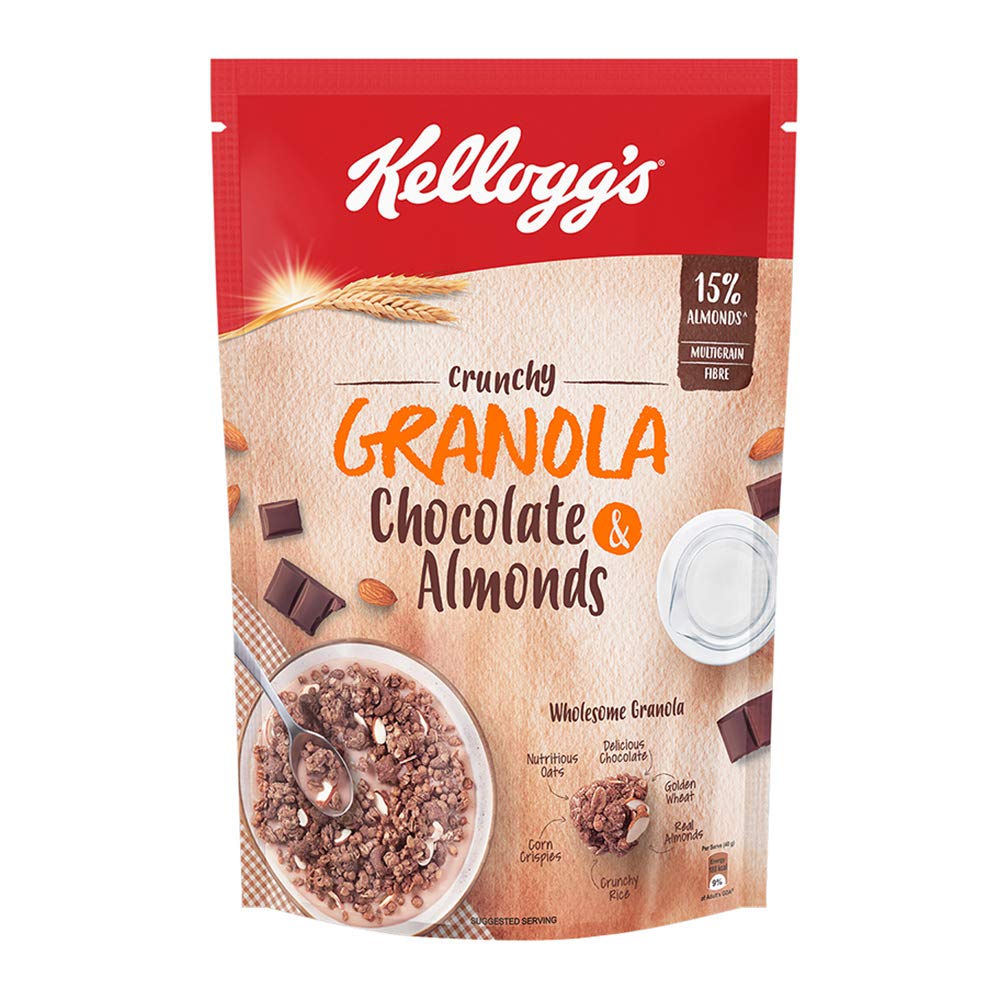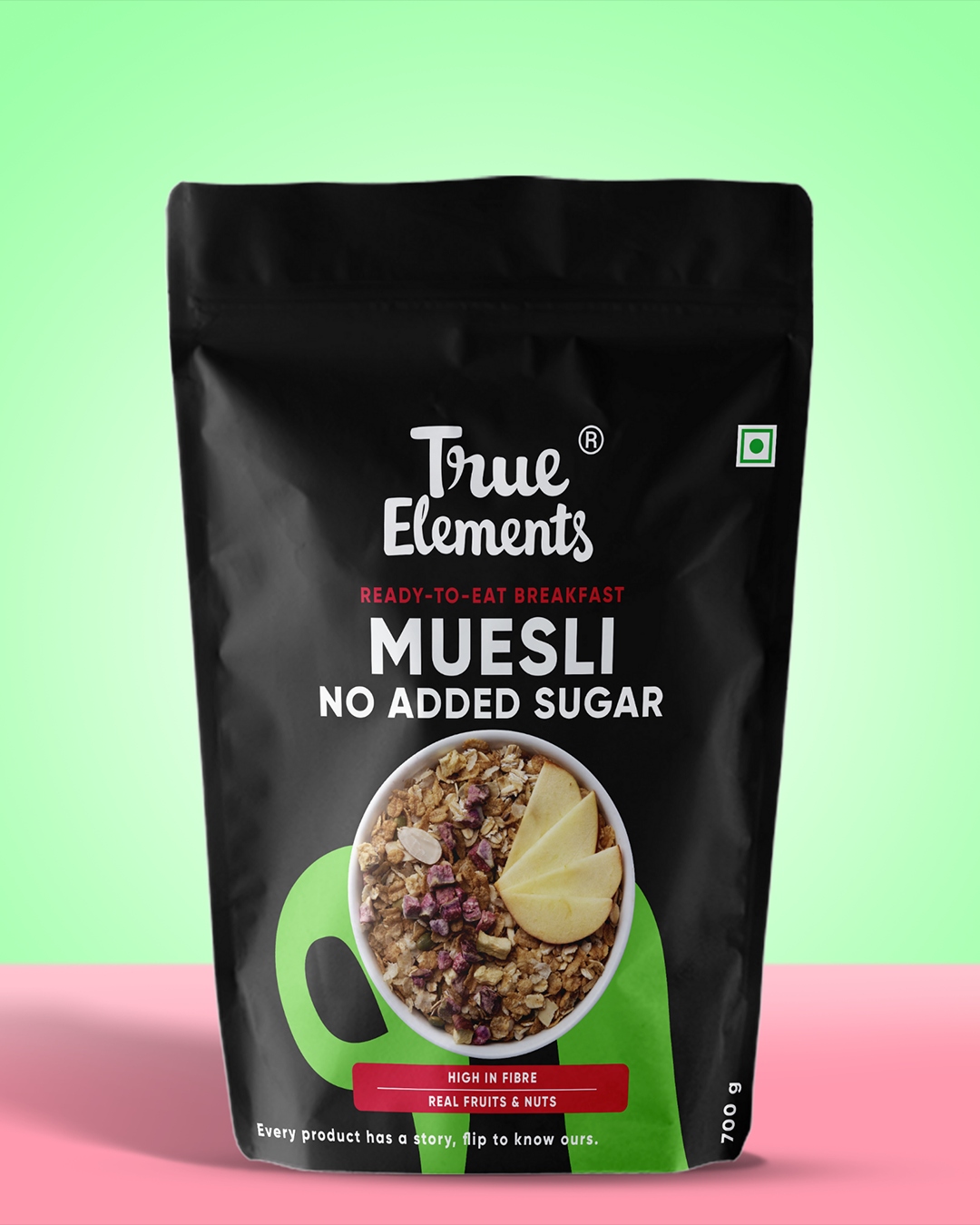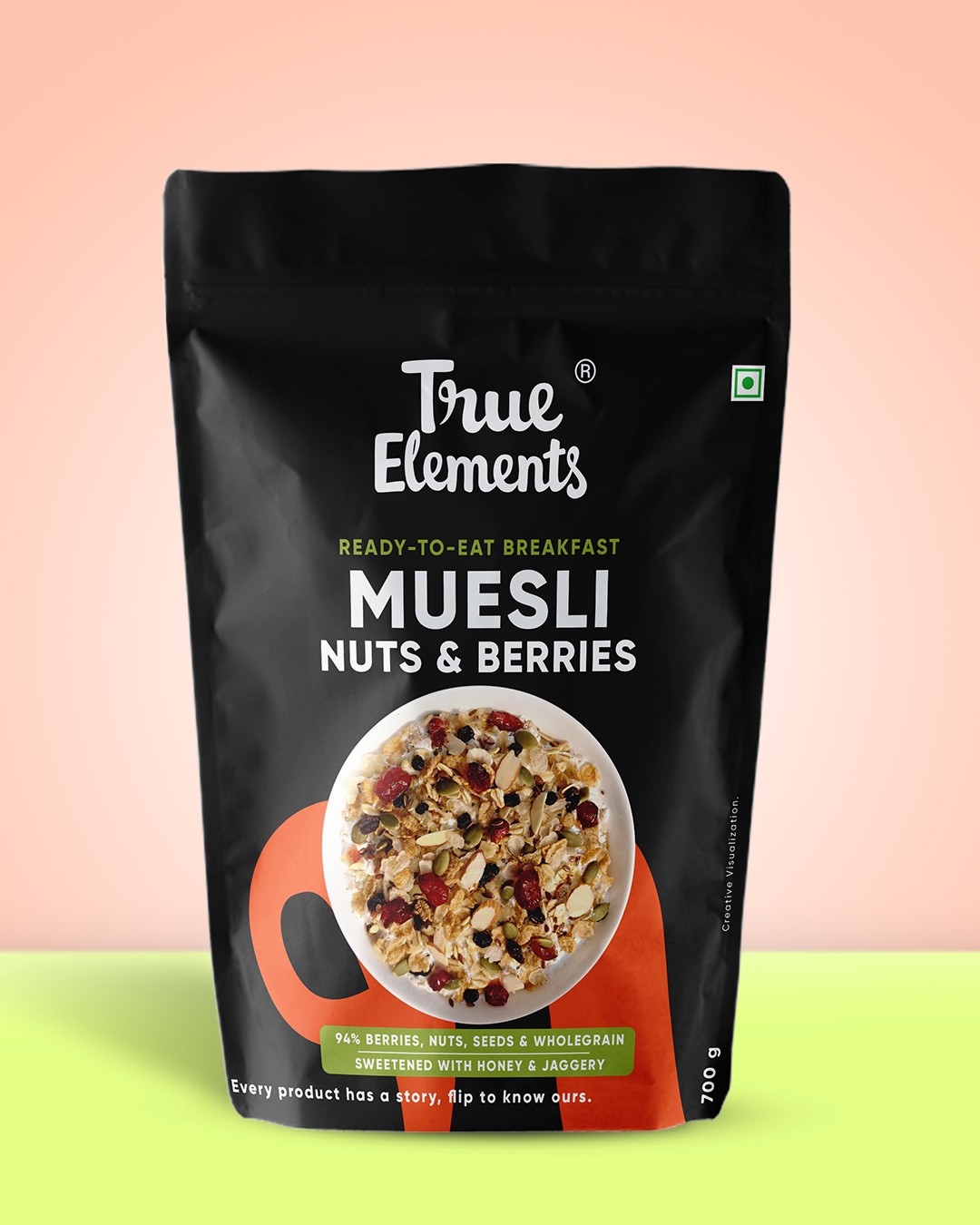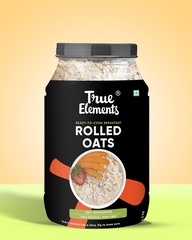Monounsaturated Fat
Macronutrient
Last update date: November 07, 2023
They are healthy fats and help to protect your heart. They maintain the levels of HDL (good) cholesterol while reducing levels of LDL (bad) cholesterol in your blood.
Frequently Asked Questions
1.
What is Monounsaturated Fat?
Oleic acid is a type of monounsaturated fat with double bonds in its atomic structure. They can be sourced through a variety of foods, offering numerous health benefits. Palmitoleic acid and vaccenic acid, including oleic acid, are some examples of monounsaturated fats. Foods that are an excellent source of MUFA, positively affect your overall well-being
2.
What is positive impact of Monounsaturated Fat?
Aid in weight management Reduce the risk of heart disease Lower the risk of certain cancers Improve insulin sensitivity Potentially reduce inflammation
3.
What is negative impact of Monounsaturated Fat?
Excessive consumption of monounsaturated fats (MUFAs) may increase the risk of developing heart disease, stroke, and type 2 diabetes. Its consumption in moderation as part of a balanced diet can keep you from developing these chronic health conditions.
4.
Who should avoid Monounsaturated Fat?
There is no specific group of people who should completely avoid monounsaturated fats. They are generally considered healthy and beneficial for most individuals. However, it's important to consider individual dietary needs and restrictions. Consultation with a healthcare professional or registered dietitian is recommended for individuals with specific medical conditions or dietary requirements to receive personalized guidance.
5.
What are 5 foods that contain monounsaturated fats?
Top 5 Food which areexcellent sources of monounsaturated fats, are Safflower oil, Olive oil, Sesame oil, Peanut oil, Nuts and seeds.
6.
Can Monounsaturated Fat Help Lower Cholesterol?
Yes, Monosaturated fat can help lower your LDL (bad) cholesterol level. Keeping your LDL level low reduces your risk for heart disease and stroke. Monounsaturated fats also help develop and maintain your cells.
7.
How much-monounsaturated fat should you eat a day?
limit your saturated fat intake to no more than 10% of your daily calorie consumption, primarily present in foods like red meat, butter, cheese, and full-fat dairy products. For a 2,000-calorie diet, 200 calories or approximately 22 grams per day should be consumed.


